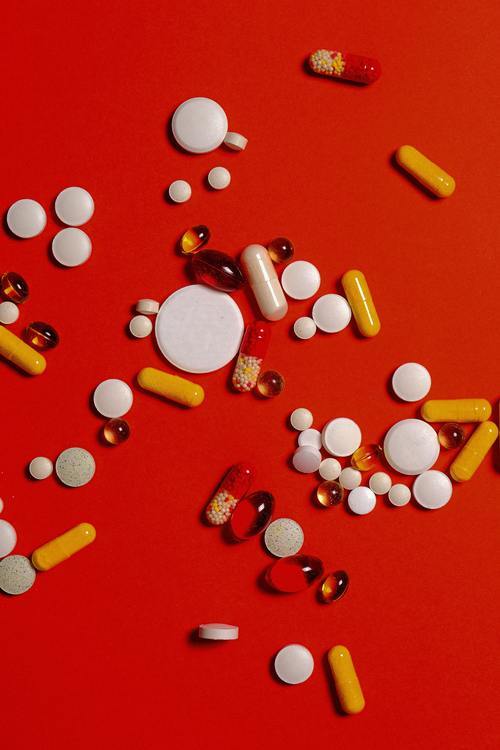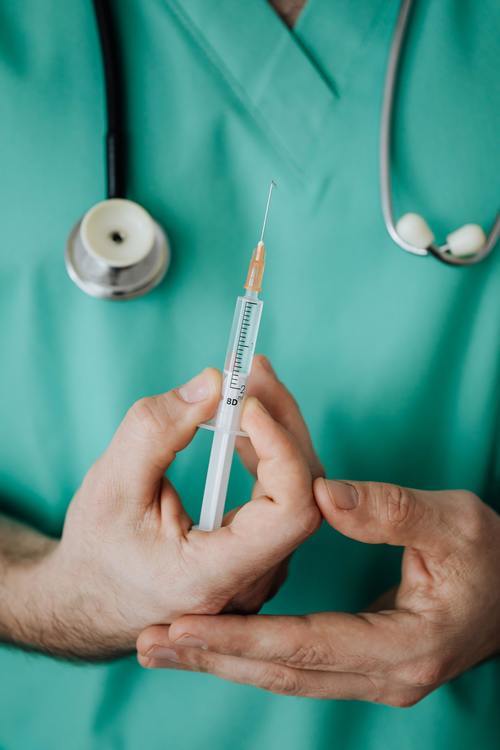How Do Antibiotics Work?
Anyone who has ever suffered from an infection may have been prescribed antibiotics to combat it. An antibiotic is a substance that is designed to prevent the growth of a bacteria or to kill it completely. We also have disinfectants and antiseptics but these deal with bacteria in a different way. A substance that is designed to kill the bacteria is called an antibiotic – if this is not the aim then it falls into one of the other categories.
Most antibiotics are synthetic in design but there are others that have their basis in nature and use natural substances as part of the ingredients. Some are devised in response to a new type of infection while others are reformed and reworked to help to prevent infections from becoming immune to them.
Most antibiotics are designed to treat a range of bacterial infections while others are designed to deal with one specific type of infection. As an example, many people may have been prescribed penicillin in the past. This can be used for a variety of infections and many doctors will turn to it as the antibiotic of choice. However, for a rarer infection such as MRSA a more specialist antibiotic may be used.

